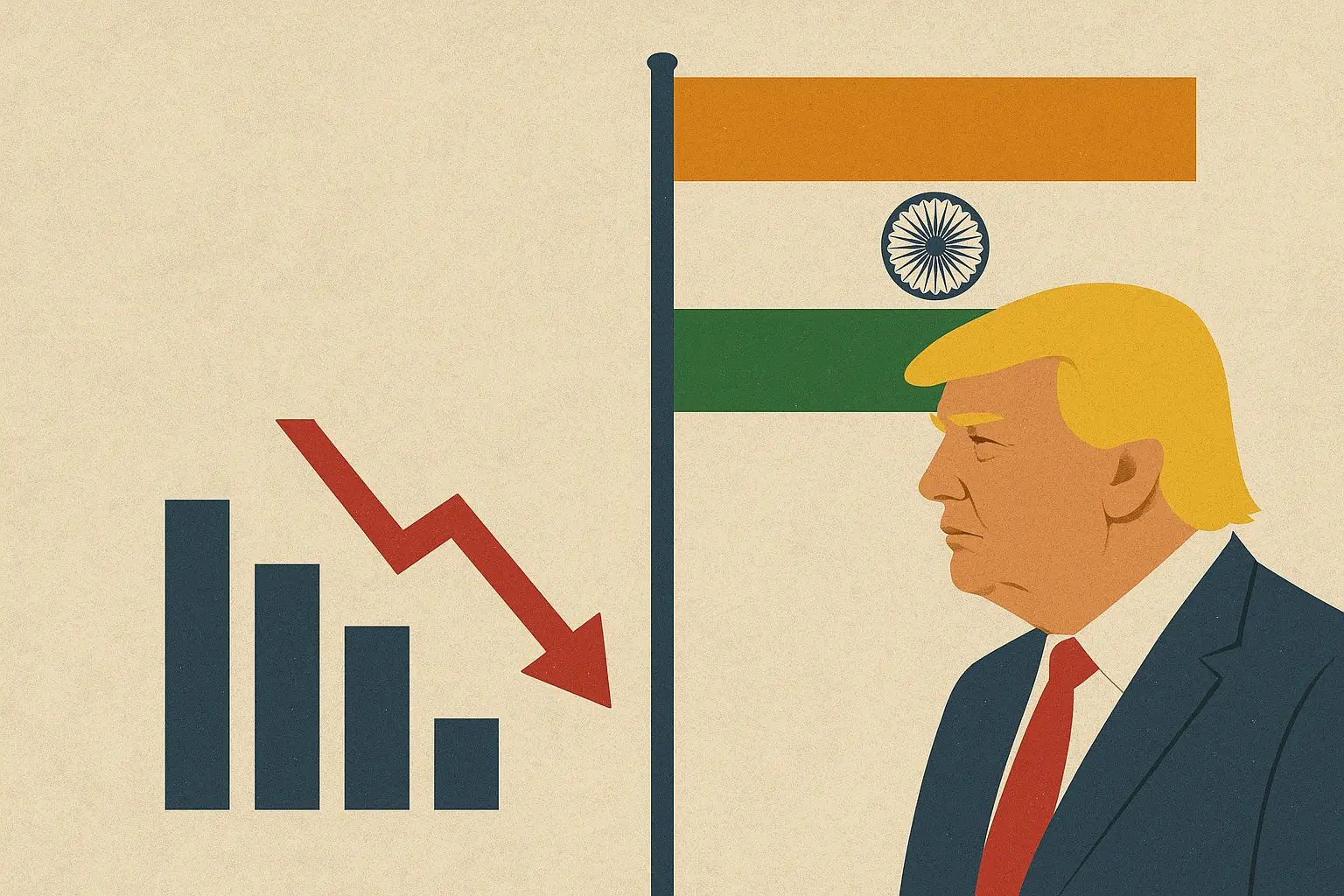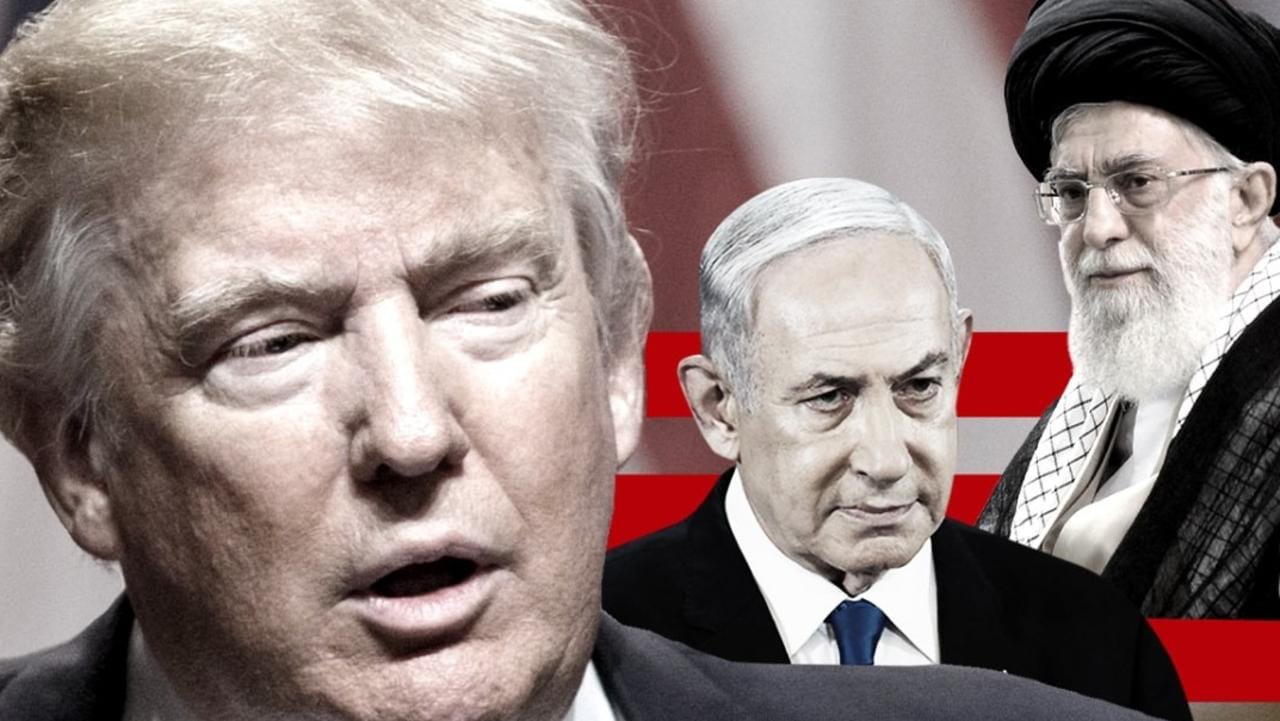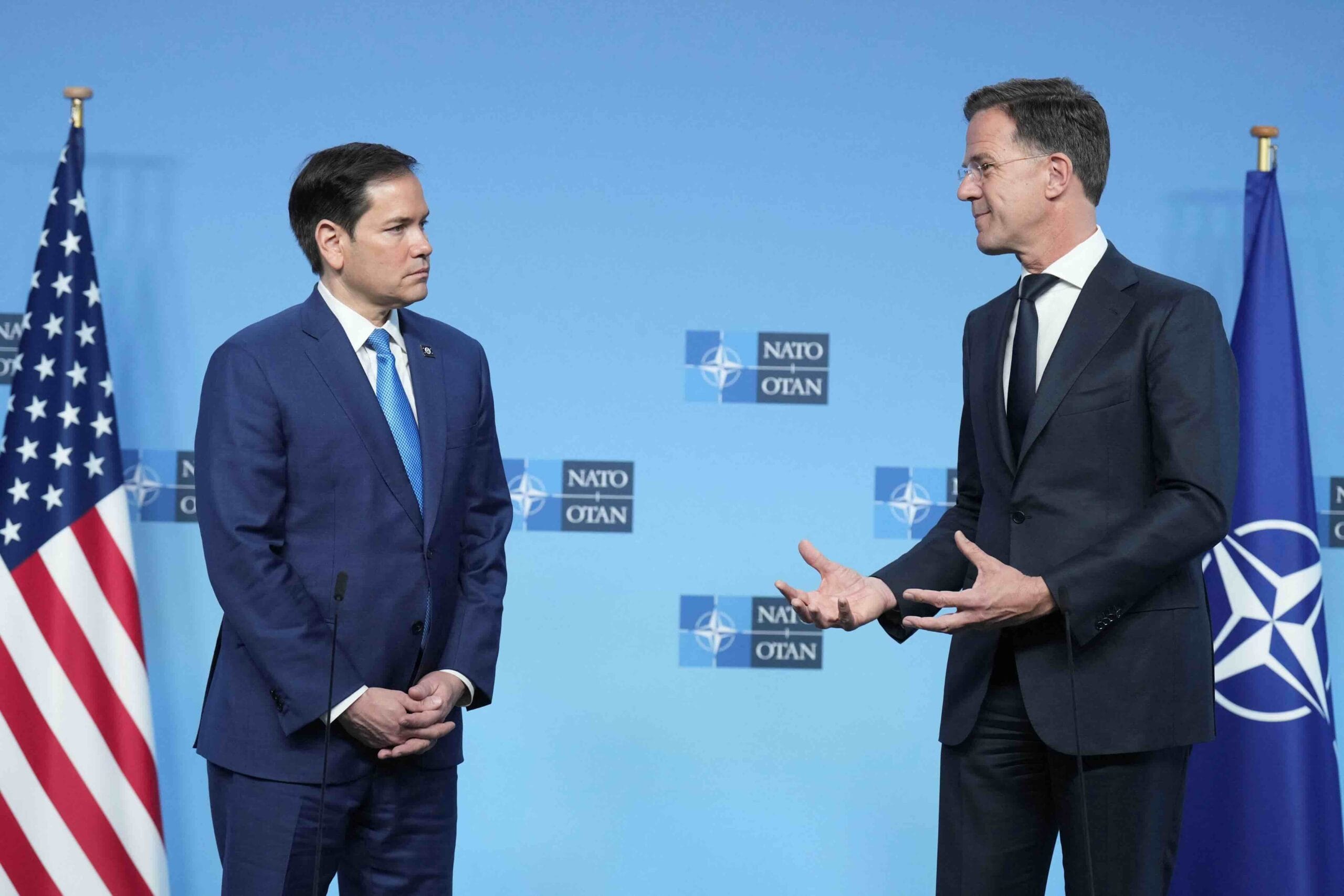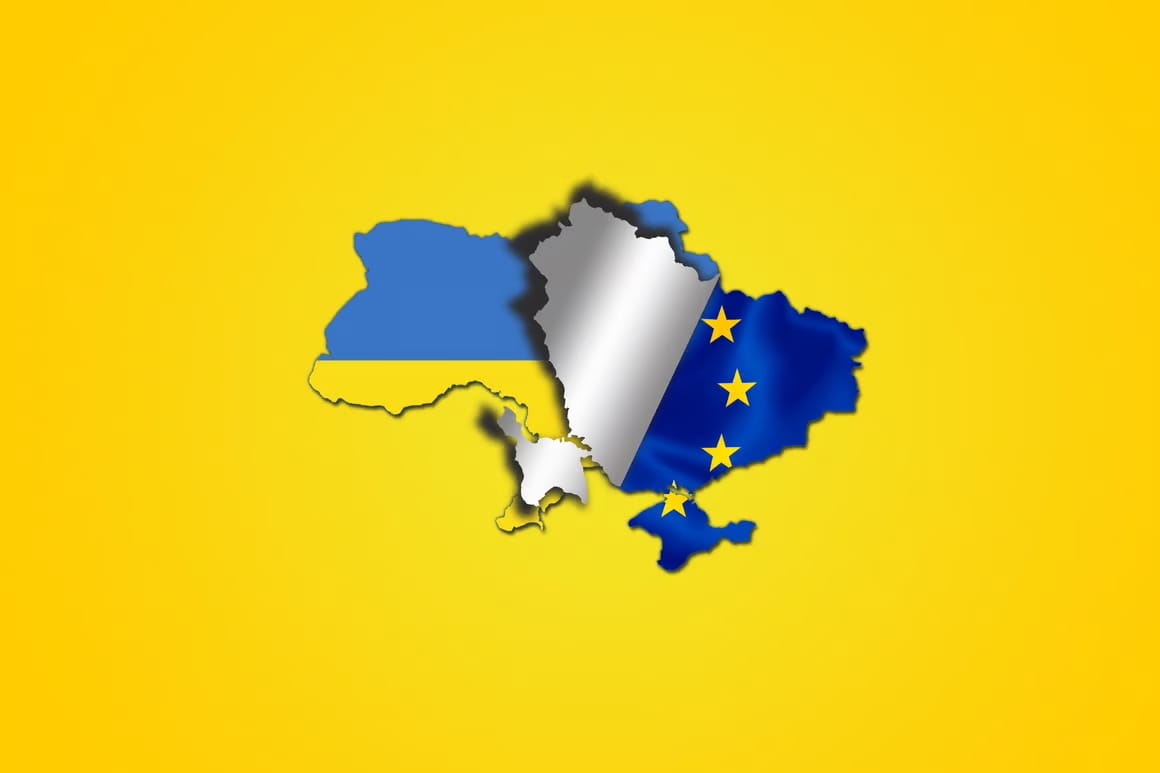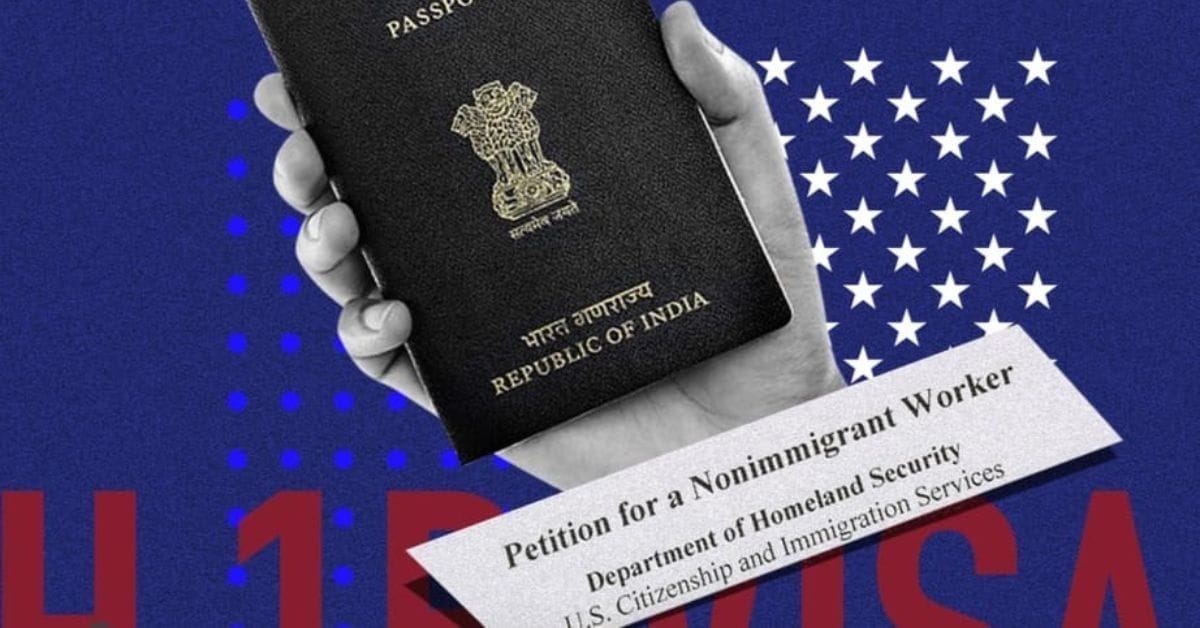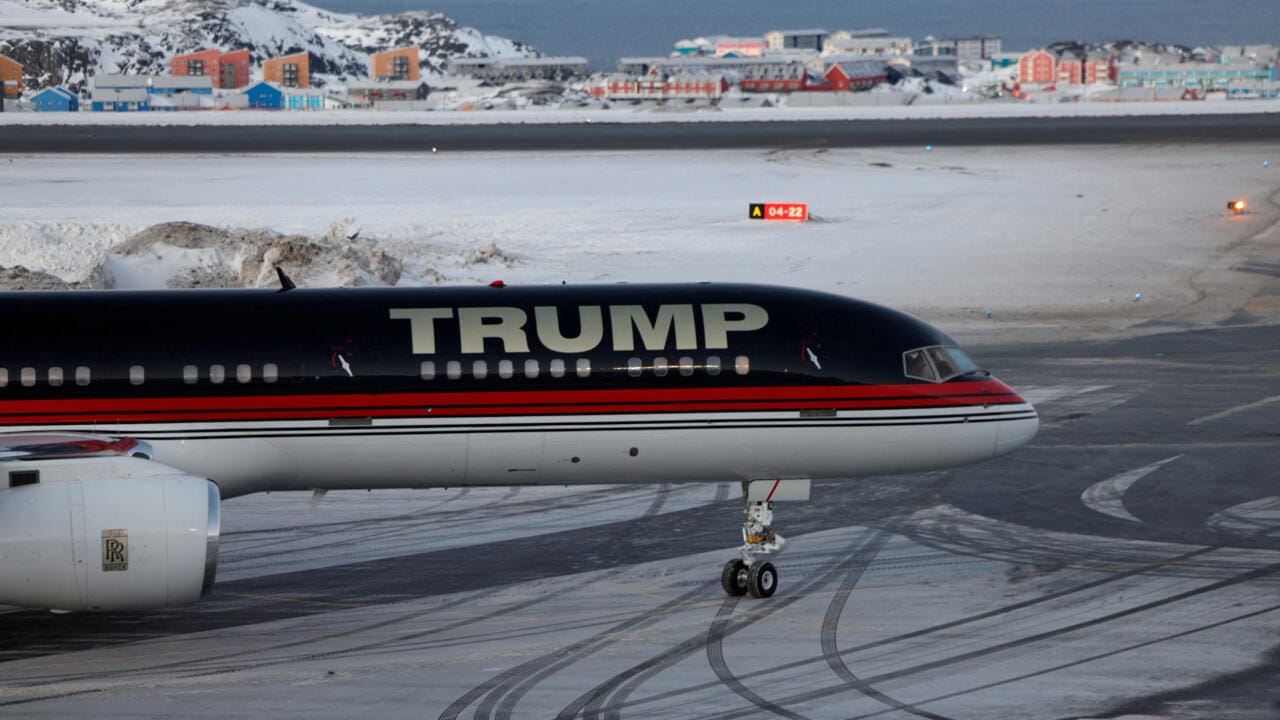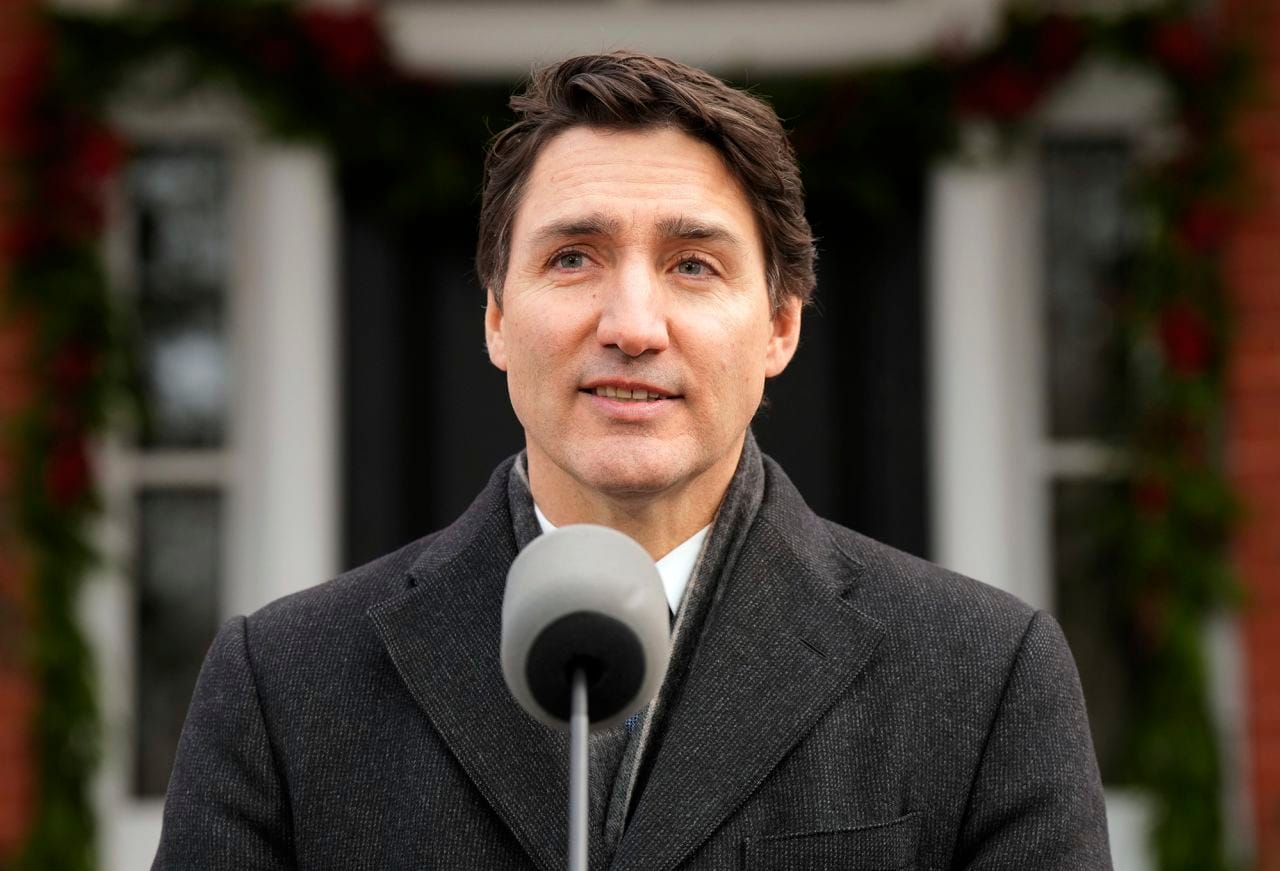Global attention is fixed on the tense standoff between the US and Venezuela, marked by military posturing and combative language. This situation does not resemble a conventional war; rather, it is a precarious confrontation that could escalate into widespread conflict with a single misstep. The Trump administration has deployed an impressive naval fleet to the Caribbean – a collection of destroyers and amphibious assault vessels executing operations against ships labeled as drug traffickers. Officially aimed at addressing narcotics issues, the real motivation appears to be a high-stakes geopolitical manoeuvre that threatens to unsettle Latin America and involve foreign powers.
Tag: United States
Tariffs ≠ Collapse: India’s Trade Journey through Trump-Era Tariffs
When the “America First” trade policy was declared by U.S. President Donald Trump in his previous term, he framed it as a move to protect U.S. workers from what he labeled unfair foreign competition. India, even as a long-time U.S. ally, found itself squarely in the crosshairs. Trump claimed that India charged high tariffs on American products while gaining preferential entry into U.S. markets. Such a disparity, he said, required a corrective measure. The tariffs did not come as a blanket measure initially but were developed incrementally through a series of increments.
Trump’s Big Bet: Is the US becoming the Crypto Capital or Risking it All?
In a world already buzzing with geopolitical chaos – be it the Middle East conflict, the ongoing Russia-Ukraine war, the reopened Epstein investigation, or the constant backdoor economic deals – President Donald Trump, now back in the White House in 2025, has dropped another headline-maker. This July, his administration introduced three landmark bills in the House that have already begun stirring debates across party lines and public spheres. As expected, controversy wasn’t far behind.
Trump’s Middle East Gamble
Since President Donald Trump’s inauguration for his second term in January 2025, the geopolitical landscape in the Middle East has undergone profound changes. The administration’s renewed assertiveness has reignited longstanding disputes and strategic rivalries, most notably among Iran, Israel, and the United States. This article provides a comprehensive, practical analysis of these developments—detailing U.S. military engagements, Iran’s nuclear ambitions, Israel’s strategic recalculations, and the broader regional and international ramifications.
The Hinge in American Transatlantic Defence
Over the past three years, the transatlantic alliance has demonstrated considerable cohesion in evolving geopolitical dynamics and shifting domestic priorities. The alliance has demonstrated considerable cohesion by delivering substantial military aid, enforcing strict economic sanctions, and contributing over €185 billion in support of Ukraine. Yet, as Russian aggression persists and public support in parts of Europe diminishes, the strategic landscape has changed with a potential return of a Trump. Under this emerging paradigm, the U.S. strategy has anticipated a pivot away from military engagement and extensive financial assistance to Ukraine and press European partners to assume a larger share of the defence burden.
Book Review: “Does the Elephant Dance?”
Does the Elephant Dance? Contemporary Indian Foreign Policy is a study of Indian foreign policy and its evaluation on various parameters. The author of this book, David M. Malone, a diplomat, author, and former Rector (leader) of the United Nations University, has witnessed the firsthand development of Indian foreign policy and held discussions with the key decision-makers. Throughout ‘Does the Elephant Dance?’ Malone exercises this confluence of diplomatic and scholarly authority artfully, tracing the key tenets of Indian foreign policy from its independence, till 2011.
The Price of Europe’s Support for Ukraine
The war’s origins trace back to 2014 when Russia annexed Crimea following pro-EU protests in Kyiv, which led to conflict between Russian-backed separatists and Ukrainian forces in Donetsk and Luhansk. Tensions escalated in late 2021 as Russia massed troops near Ukraine’s borders, demanding security guarantees from NATO. When diplomatic efforts failed, Russia launched a full-scale invasion on February 24, 2022, citing security concerns and alleged persecution of Russian speakers. Initial assaults targeted Kyiv, but after failing to seize the capital, Russian forces withdrew in April, refocusing their offensive on eastern and southern Ukraine, where as of 2024, they occupy around 20% of Ukraine, having gained over 4,000 square kilometres.
H-1B Visa Politics: US Immigration Policy and its Impact on India
The triumph of the Republican leader Donald Trump as the President of the United States has brought the political focus on immigration issues and the H-1B visa programme to the forefront. The tough posture on the H-1B programme in his first tenure has softened his stance in his second tenure with courtesy of his Silicon Valley ally and supporter Elon Musk whose company thrives on a global talent pool for whom he says “we cannot do without them…go to war for visa issue if necessary”. With Musk appointed as the head of the New Government Efficiency Commission tasked with cutting down the federal budget from US$6.75 trillion to US$2 trillion, Trump intends to make the US into a manufacturing superpower to accomplish his mega project of ‘MAKING AMERICA GREAT AGAIN (MAGA).
United States under Trump 2.0 wants the Panama Canal
Donald Trump recently claimed that the United States is being “ripped off” by the Panama Canal’s administrators and alleged that “Chinese soldiers” are operating the canal. He has threatened to “demand the return of the Panama Canal” to the United States. On December 23rd, Panama’s president, José Raúl Mulino, responded by asserting that “every square metre of the Panama Canal” is the country’s property, a stance supported by opposition parties. Trump’s actual objectives might be less extreme, but their specifics remain unclear
Justin Trudeau Resigns as Canada’s Prime Minister
On January 6th Justin Trudeau, Canada’s prime minister, announced his resignation. Over the past year he has became an isloated and deeply polarising figure as supporters have abondoned his Liberal Party, angry that it has failed to tackle inflation, housing costs and the strains from high immigration. In the coming weeks the Liberals will be gripped by a leadership struggle. Potential replacements include Mark Carney, who ran the Bank of England, and before that the Bank of Canada; Chrystia Freeland, whose surprise resignation as finance minister precipitated the crisis that forced Trudeau out; and Dominic Leblanc, who succeeded Freeland as finance minister.

